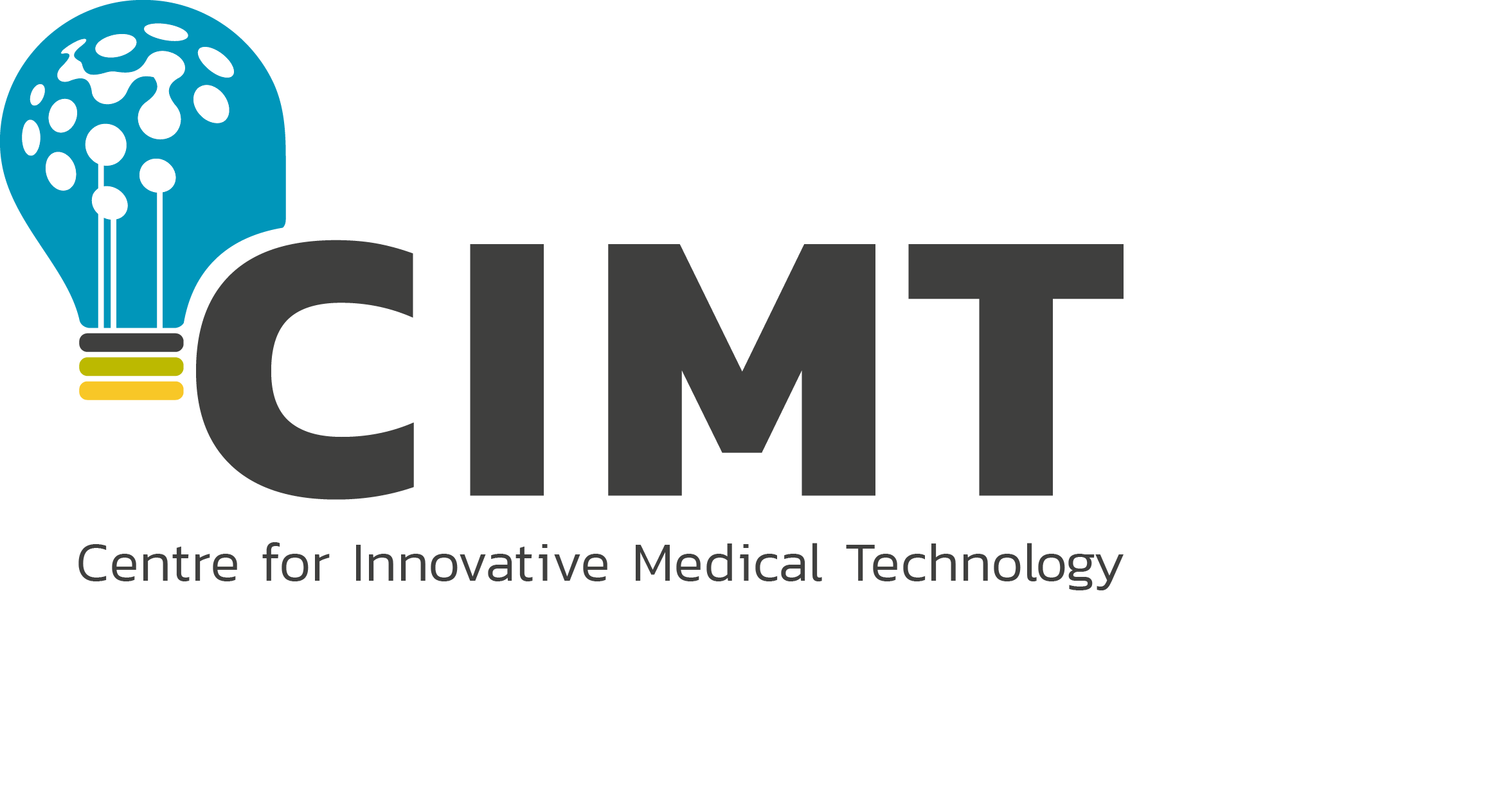Decision support for patients with wrist fractures
Fracture of the wrist is one of the most common fractures among adults. The need for rehabilitation after surgery is most often determined by health professionals based on wrist movement and pain. 45% of the patients who are not offered rehabilitation experience reduced functional capacity, including problems with performing everyday activities.
PROJECT PERIOD
Start: October 2021
End: September 2027
Decision support tools can prepare patients for joint decision-making, so that patients’ values, preferences and resources become important parameters for the decision on rehabilitation efforts, e.g. supervised rehabilitation or self-rehabilitation.
AIM
The purpose of the project is to develop, test and evaluate a web-based tool for decision support. The decision support tool should prepare patients to make the best decision on post-operative rehabilitation for wrist fractures when making joint decisions with healthcare professionals.
Study 1: A scoping review (mapping of evidence) reveals which factors (e.g. age, type of fracture) have been examined up to 6 weeks after the operation that affect the patients’ ability to function after 3 months.
Study 2: In this study, the decision support tool is developed during workshops with patients, healthcare professionals and software developers. The content of the decision support tool will be based on results from study 1 as well as the information needs of patients and health professionals examined in the literature and through interviews. Patients and healthcare professionals will test the decision support tool in order to make it easy to use and the content easy to understand.
Study 3: A multiple case study evaluates the decision support tool by following 15 patients for one year after using the decision support tool and participating in co-decision making. Data will be collected through questionnaires and interviews, which examine patients’ experiences of whether the decision support tool was meaningful and whether the choice of rehabilitation affected their ability to function.
PARTNERS
The project is carried out at Herlev and Gentofte Hospital in the Capital Region of Denmark and with the involvement of hospitals outside the capital area as well as software developers.
The project is a part-time PhD project by Susanne Boel. View Susanne's publications at sdu.dk or visit Susanne's profile at LinkedIn.
EXTERNAL FUNDING
The project is supported by Ergoterapeutforeningen.

Susanne Boel
Occupational Therapist, PhD Student
University of Southern Denmark, Department of Clinical Research
(+45) 3867 3951 susanne.boel.01@regionh.dk
